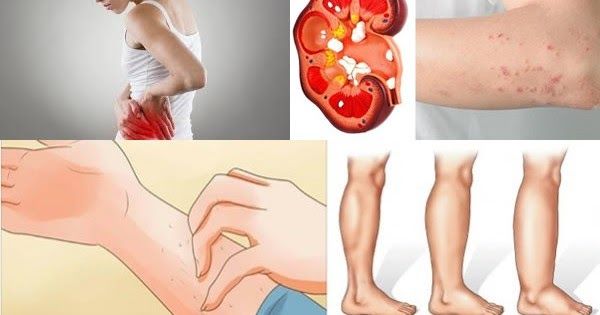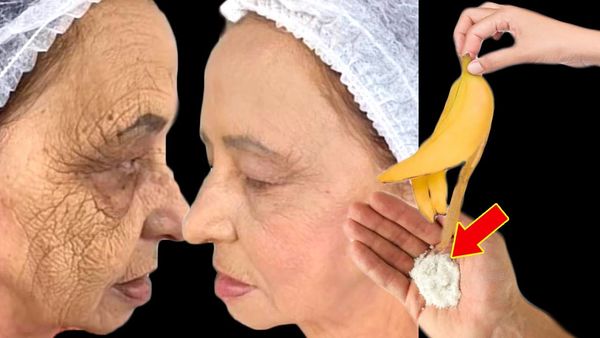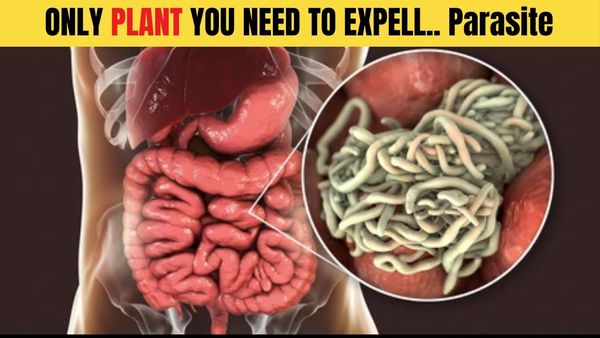
Our kidneys play a vital role in keeping our bodies healthy. Located just below the rib cage, these organs are responsible for filtering our blood, removing waste and excess fluids, regulating electrolyte levels, and maintaining strong bones. They even produce red blood cells and help stabilize blood pressure. But when our kidneys aren’t functioning properly, it can have serious implications for our overall health.
To ensure you catch any potential kidney problems early on, here are some signs to watch out for:
1. Swellings
If your kidneys are struggling, they may struggle to eliminate excess fluids from your body. This can cause swelling in various areas, such as the face, joints, and limbs. If you notice unexplained bloating or puffiness, it’s worth investigating further.
2. Changes in Urination
Changes in your urination patterns can be an early indicator of kidney trouble. Look out for trouble urinating, feeling pressure during the process, or experiencing dark urine, less frequent urination, or only passing small amounts. Foamy urine and nighttime urination urges are also potential red flags.
3. Skin Rash
Kidney damage can lead to a buildup of waste in the body, which can manifest as rashes and itching on the skin. Even with the help of lotions and creams, the root cause should be addressed. If you’ve been experiencing persistent skin issues, it’s wise to consider kidney health as a possible factor.
4. Fatigue
Healthy kidneys produce a hormone called erythropoietin (EPO), which stimulates the production of red blood cells. These cells carry oxygen throughout the body, providing energy to the brain and muscles. If your kidneys aren’t functioning properly, your red blood cell count may drop, leading to fatigue and even severe anemia.
5. Shortness of Breath
A common symptom, shortness of breath can sometimes be attributed to kidney damage. When the body lacks oxygen, it’s often due to a low number of red blood cells. And the accumulation of toxins in the lungs can be connected to kidney dysfunction. If you’ve been feeling constantly out of breath, consult with your doctor about your kidney health.
6. Metallic Taste in the Mouth
Accumulated waste in the blood can cause an unpleasant metallic taste in your mouth and even contribute to bad breath. If you’ve noticed changes in your taste buds or a decreased appetite, it may be worth investigating your kidney function to rule out any potential issues.
7. Upper Back Pain
The area of your upper back corresponds to the location of your kidneys. Therefore, experiencing persistent pain in this region may be a sign of kidney trouble, especially if accompanied by infections or kidney stones. Pay attention to any discomfort and report it to your healthcare provider.
8. Difficulty Concentrating and Dizziness
Proper oxygen flow to the brain is essential for concentration and overall cognitive function. When kidneys aren’t functioning optimally, decreased oxygen levels can lead to difficulties focusing, feeling light-headed, and experiencing memory problems. If you’ve been struggling with these symptoms, it’s crucial to have your kidney health evaluated.
By incorporating healthier foods into your diet and ensuring you have a good intake of antioxidants, you can support your kidney health and promote overall well-being. Remember, preventive measures and early detection are key in maintaining and safeguarding your kidney function.


